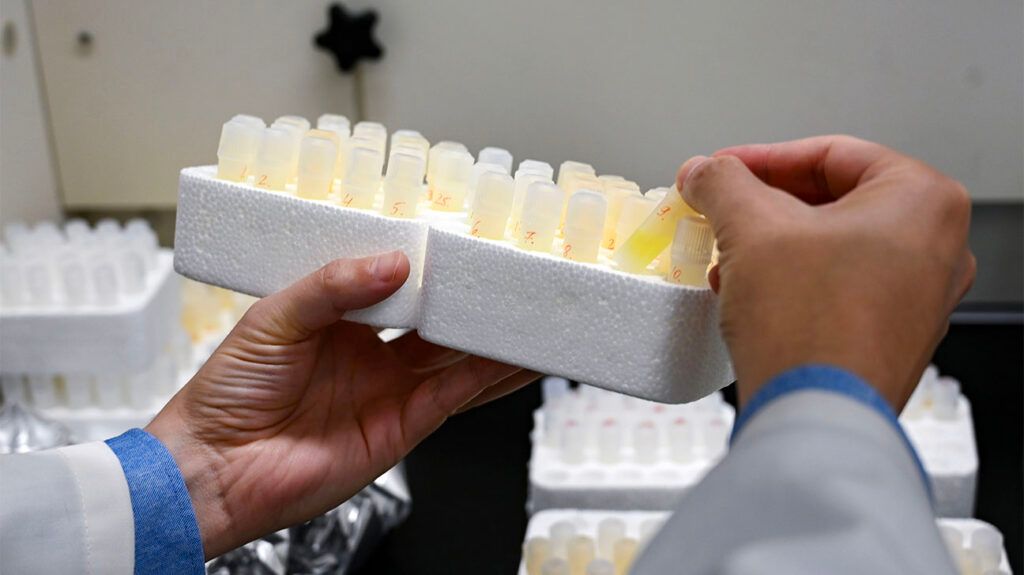Comprehensive Survey Reveals Safety Shortcomings in Cosmetic Injections in the UK

A groundbreaking survey uncovers safety gaps and regulatory challenges in cosmetic botulinum toxin treatments across the UK, highlighting the need for stricter oversight and better patient awareness.
A recent large-scale survey highlights significant safety concerns and gaps in regulation surrounding cosmetic injections, particularly botulinum toxin treatments, in the United Kingdom. Led by researchers from Anglia Ruskin University in collaboration with KLNIK and published in the respected Aesthetic Surgery Journal Open Forum, the study surveyed 919 adults across the UK who had undergone botulinum toxin procedures, commonly known as Botox. With approximately 900,000 such procedures carried out annually in the country, the findings expose troubling inconsistencies in care quality and patient safety.
The UK remains one of the few high-income nations where non-medical professionals are legally permitted to administer botulinum toxin with minimal supervision. This regulatory gap is prompting the government to propose stricter oversight, including licensing and standards managed by local authorities. An overwhelming 89% of survey participants expressed support for enhanced regulation.
Most respondents were women, with more than half having received multiple injections, mostly in beauty clinics, often motivated by anti-aging reasons. Despite the widespread use, several safety issues persist. Notably, only 42% of patients reported that a qualified prescriber was present during their treatment, and many were unaware of potential complications, with 9% not given written consent and 18% not informed of risks.
Post-treatment support appeared insufficient, with just over a quarter receiving advice on managing side effects. While most patients were satisfied, some experienced short-term issues such as bruising, swelling, headaches, and pain. Long-term complications, including botulinum toxin resistance, were rare but present.
A concerning revelation was the lack of awareness about reporting systems like the UK's Yellow Card scheme, with 74% of patients unaware of how to report adverse effects. The study’s lead author, Professor Lee Smith, emphasized the paradox of the UK's regulation: botulinum toxin is a regulated drug but is widely used in unregulated aesthetics marketplaces, often without proper oversight.
The researchers argue that effective regulation must extend beyond licensing to include practitioner education, ethical standards, and mandatory reporting of complications. Dr. Roshan Ravindran pointed out that technical skill alone isn't enough; practitioners must prioritize patient communication, informed consent, and thorough screening to prevent issues, especially for vulnerable individuals.
This study underscores the urgent need for policy reforms to ensure safer cosmetic practices and protect public health. As the government reviews proposals for tighter regulation, awareness among patients about their rights and safety remains crucial.
Source: [https://medicalxpress.com/news/2025-09-major-cosmetic-survey-safety-gaps.html]
Stay Updated with Mia's Feed
Get the latest health & wellness insights delivered straight to your inbox.
Related Articles
Texas Declares End to Measles Outbreak After Months of Spread
Texas has declared the end of its recent measles outbreak after more than 42 days without new cases, emphasizing the importance of vaccination and public health efforts in controlling highly contagious diseases.
Innovative Self-powered Patch Tracks Biomarkers Non-invasively
A novel self-powered microneedle patch can non-invasively monitor health biomarkers by collecting dermal interstitial fluid, eliminating the need for blood draws and external power sources.
New Research Reveals Link Between Brain Lithium Levels and Alzheimer’s Disease
Recent studies reveal that low brain lithium levels are linked to Alzheimer’s disease, suggesting potential new avenues for early detection and treatment using lithium-based therapies.
New Insights into How Biological and Social Factors Contribute to Health Differences Between Men and Women
A new international study uncovers the biological and social factors contributing to health disparities between men and women, emphasizing the importance of broader health determinants beyond genetics for personalized medicine.



